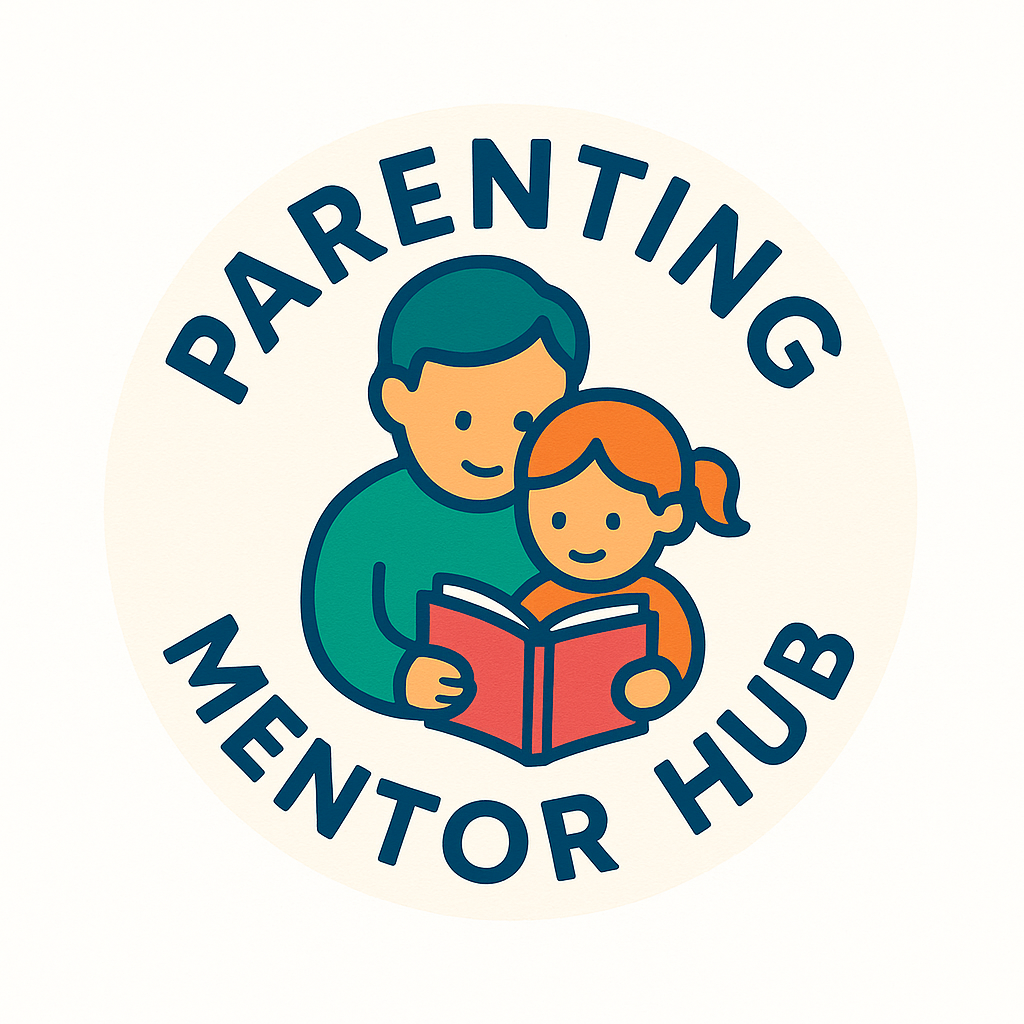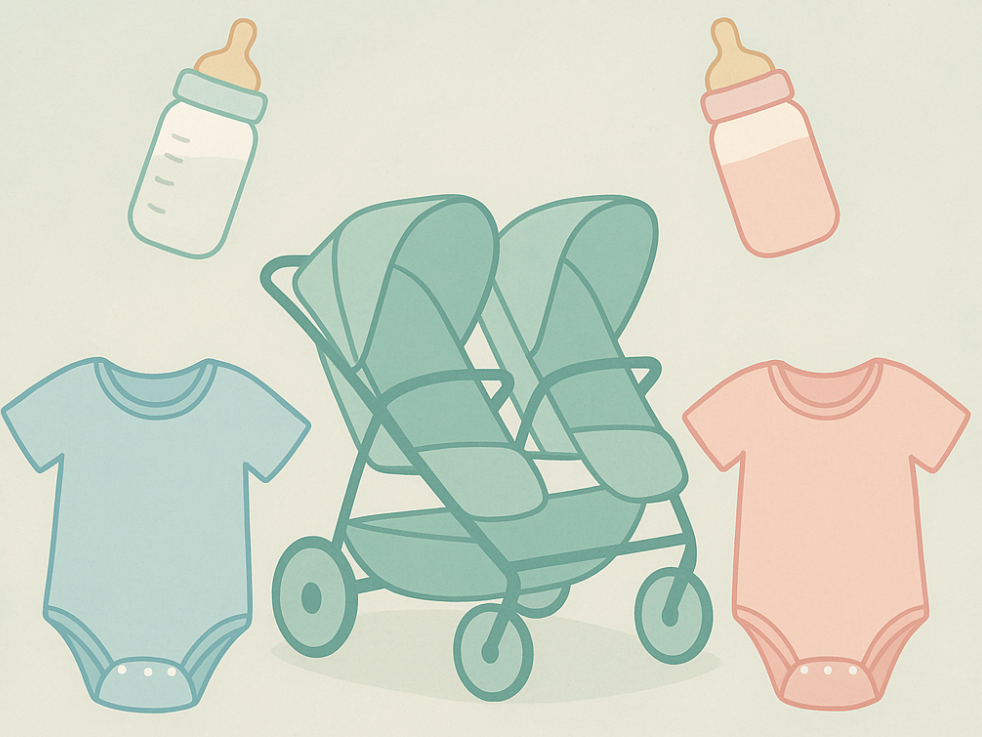
Welcoming twins is an incredible journey, but it’s also an intense one. The early days can feel like a whirlwind of feedings, nappies, and sleepless nights, all multiplied by two. While friends and family often want to help, figuring out what’s truly useful can be tricky. So how can others genuinely support parents of new twins? Here are some practical suggestions – drawn from real experiences – that make a meaningful difference.
1. Offer Specific, Practical Help
Instead of vague offers like “Let me know if you need anything,” try suggesting something concrete:
- “I can pop by after school drop-off and take your dog for a walk.”
- “Would it help if I picked up some shopping or dropped off dinner one evening this week?”
- “I could take your toddler to the park for an hour if you need some space.”
This kind of support relieves pressure without requiring the parent to ask for help or think of what to delegate. It also means the parent doesn’t feel they need to tidy up and treat you like a visitor.

2. Think Beyond Baby Care
People often assume new parents need help with the babies – and sometimes that’s true. But often, the most helpful things are indirect:
- Doing a laundry load.
- Unloading the dishwasher.
- Taking older siblings to the park.
A twin parent I know said one of the best things someone did was turn up unannounced with a mop and bucket and just started mopping the kitchen floor. It was practical and deeply appreciated.
3. Be Willing to Work Around the Chaos
Twin life doesn’t run on a neat schedule. If you’re visiting, accept that you might hold a baby while one parent grabs a shower or a bite to eat – or that you might be asked to fetch something from upstairs mid-conversation. Flexibility and good humour go a long way.
4. Support Their Mental Load, Too
Sometimes parents of twins feel guilty about not doing things “properly” – not going to baby groups or not having energy to make home-cooked meals. Offering reassurance, listening without judgement, and helping them silence their inner critic is just as important as folding laundry.
5. Avoid Comparisons or Comments About Fairness
Comments like “You’ll have to treat them exactly the same” or “It must be hard not to have favourites” can add unnecessary pressure. Parents are usually doing their best to balance the attention they give, especially if one baby is needier than the other due to temperament or health. One parent I spoke to mentioned how tough it was that one of her twins was physically much stronger from birth, which made things like holding or feeding feel uneven. She felt the weaker one was getting a lot more of her attention – but her love for both was equally strong. The weaker one just needed her more.
6. Keep Showing Up (Even Just to Text)
Don’t disappear after the initial excitement. Keep checking in weeks or months later. A simple message like “Thinking of you – anything I can do this week?” can be a lifeline when parents are exhausted or feeling isolated. Sending a quick reply “Yes, please, can you take the dog for a walk” is much easier than asking without that prompt.
Final Thoughts
Supporting parents of newborn twins doesn’t mean grand gestures. Small, meaningful actions will ease their load and be greatly appreciated. The best help comes from understanding their reality: they’re overwhelmed, stretched thin, and often too tired to think about and articulate what they need. By showing up, offering specific practical help, and being mindful of their emotional well-being, you can make a lasting difference during this uniquely challenging time.
And remember what I said in number 6! Don’t assume that after a few months things will have settled into a smooth routine and help is no longer needed. Twin parenting remains demanding well beyond those first exhausting weeks, and many parents still deeply appreciate any support – whether it’s a meal, a conversation, or just knowing someone is thinking of them and willing to lend a helping hand when needed.

